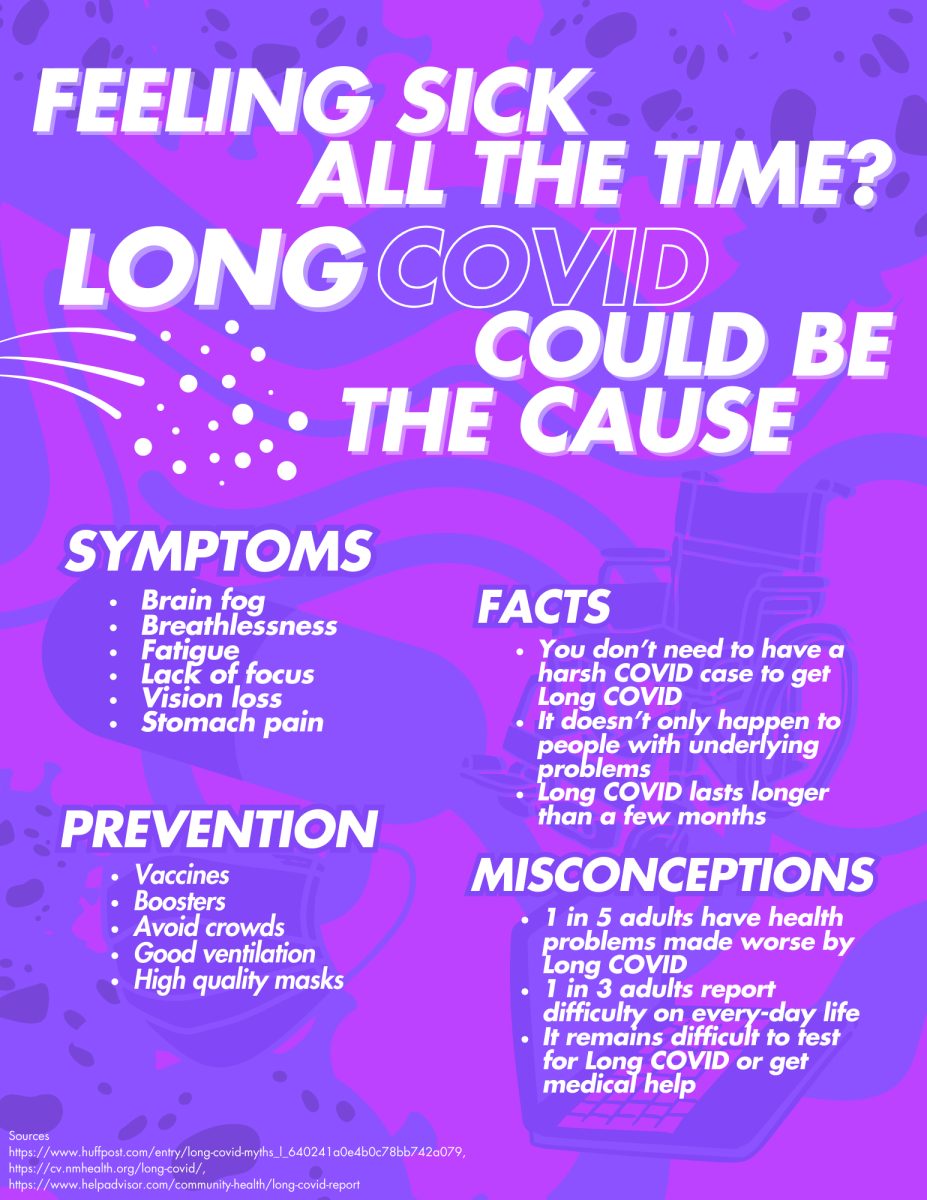Is Dieting Good for Teens?
March 31, 2023
One of the strongest messages that circles the media is that girls need to be thin. A small waist, round hips, thin arms, perfect wavy hair, a thigh gap, altering their eating patterns, and the list goes on and on. These messages deeply affect teenage girls, and can urge them to go on diets, which often lead to eating disorders.
Even trends that are deemed as “healthy” can be extremely harmful to one’s physical and mental health. The “that girl” trend, which entails healthy eating, exercise, natural makeup, and aesthetic morning routines, have attracted billions of women; yet the narrative that is perpetuated by this trend is harmful. With the exception of the aesthetic lifestyle, the “that girl” trend effectively encourages unhealthy eating, harmful productivity, and a hustle culture. The prevailing mindset is that a person need to adopt a completely new, disciplined routine in order to become their “best self,” and that their present circumstances and way of life are insufficient.
According to the National Library of Medicine, over the past 20 years there has been a link between the thin female beauty portrayed in the media and a range of psychological symptoms including body dissatisfaction and eating disorders.
These messages presented in the media perpetuate the idea that girls need to have a particular body type to be desirable. These societal norms contribute to why so many teenagers
are obsessed with their bodies, have a poor body image, and are eager to engage in risky weight-loss methods in their pursuit for the “ideal” physique.
Although eating disorders may not be brought on by dieting, it frequently precedes them. According to the National Eating Disorders Association, 35% of “normal dieters” transition to pathological dieting, and 20-25 % of those people end up with eating disorders. Following restrictive diets has frequently been linked to the development of eating disorders, because they allow people to exercise control by monitoring calories and grams of fat, restricting the types and amounts of food they eat, and becoming preoccupied with their weight.
Instead of dealing with emotions and hardships in a woman’s life, the media portrays women attempting to exert control by dieting and changing their lifestyle as a means to cope. Following a strict diet regimen is often a cover for some people suffering from eating disorders. Restricting one’s food intake is perceived as pursuing a healthy lifestyle, being considered “that girl”, and having an aesthetic routine, which is truly an unhealthy way of pursing a different lifestyle. Although improving one’s health and lifestyle for the better is a noble goal, many messages on social media promote an extreme spectrum for one to achieve these goals.
Some people may argue that losing weight and maintaining healthy habits, such as diet and exercise, are not only beneficial, but also imperative to start at an early age in order to be healthy as an adult. Additionally, many think that the ideas portrayed in the media help motivate individuals to pursue a healthier lifestyle. Although it is important to maintain healthy habits, the media often pushes teens to achieve a certain body type in extreme ways, like cutting too many
calories, overexercising, not eating certain foods that are imperative to teens’ development and well-being. These messages are harmful, not only to teenagers, but to anyone who uses social media. Although the messages portrayed in the media may not catalyze an eating disorder immediately, it certainly plays a factor in the gradual development of one.
In order to eliminate the probability of developing an eating disorder, it is important to enlighten teens about how content can be skewed on social media, so they can make informed, educated decisions in order to pursue a healthy lifestyle, rather than chasing it in dangerous and extreme ways. Some ways to practice healthy dieting is changing what one puts in their body, and researching what is healthy. According to the FDA, 2,000 calories per day is a healthy calorie intake. Additionally, teens should focus on getting their calories from healthy foods such as fruits, vegetables, the right amount of carbs, in proper proportions. Society should also hold social media influencers accountable for spreading messages that may be harmful towards the users, while also urging influencers to preface their content with disclaimers of the dangers of eating disorders, and how to pursue a healthy and/or aesthetic lifestyle in a sustainable manner.








